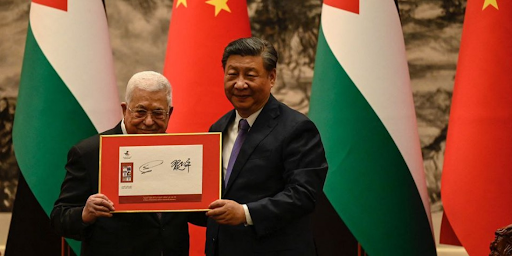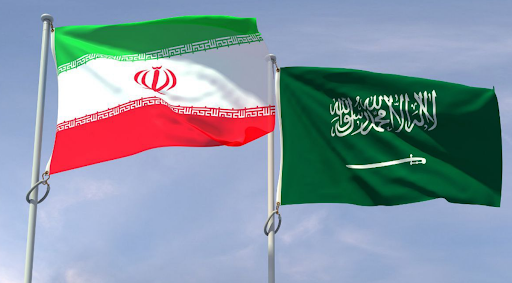
Is NATO expansion a cause for the war in Ukraine?
Prof. Robert G. Rabil and attorney Francois Alam wrote a provocative essay to underscore the danger of ignoring Russia's legitimate national security interests. They concluded that "gripped by a false sense of morality enveloped in hubris and Machiavellian calculations, Washington risks taking the world over the precipice of the abyss. This must be prevented."
The writers see that after America pledged to the Soviet Union that NATO would not approach its borders in 1990, we see that in 1997 NATO called on Poland, Hungary and the Czech Republic to join the alliance at the Madrid summit. In a second round in 2004, Bulgaria, Estonia, Latvia, Lithuania, Romania, Slovakia and Slovenia became members of NATO. Then came the US position on the Rose, Orange and Square revolutions in Georgia, in the years 2003, 2004 and 2014, to put Washington and Moscow in violent confrontation.
The authors also believe that, in order to clarify Moscow's position in the current war in Ukraine, it is useful to look at history. The Donbass region has been part of the formation of Russia since Moscow defeated the Mongols in the 15th century. Crimea and its vicinity also had a special place to highlight the power of the tsarist empire. As for Peter the Great, he was the first to establish a Russian naval base on the Sea of Azov. During the reign of Catherine the Great, Moscow established its strategic naval base in Sevastopol, which served as the main base for the Russian Black Sea Fleet.
The authors considered that America's insistence on ensuring the victory of Ukraine, and considering America's security and stability as part of the security and stability of Ukraine, as well as providing Kiev with the most dangerous conventional weapons, is nothing but an open invitation to World War III and the mutual destruction of the West and Eurasia, and ignoring the fact that NATO's expansion to the east means besieging Russia in its heartland. And ignoring the attempts of the Russian leadership to dissuade the West from its plan.
The authors conclude by saying that supporting Ukraine's victory in such a blatant way is a great incentive for World War III. They stress that the Americans must stop this madness, and the coalition must realize that the way to peace is not through weapons.
The article is linked here: Americans Must Stop the March to World War III over Ukraine

















































